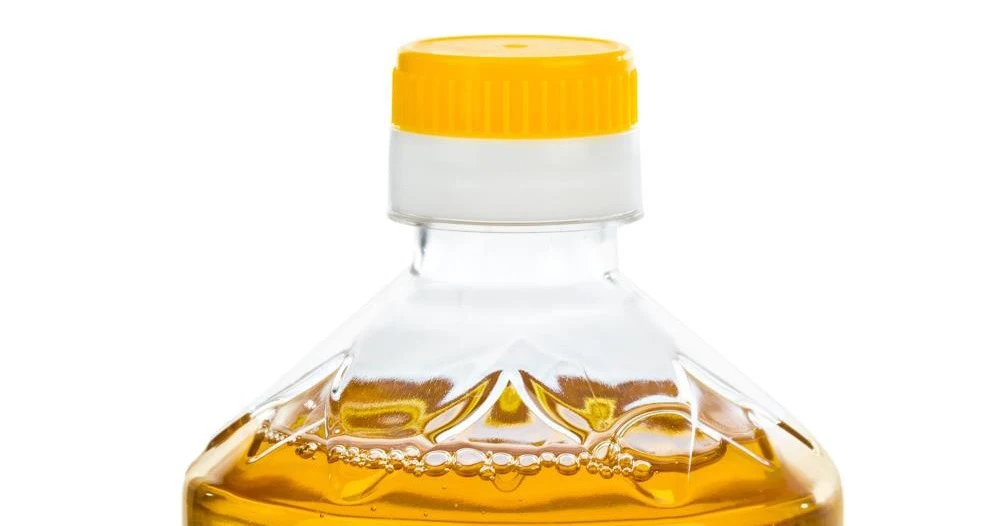It is no longer possible for Brits to purchase more than three bottles of cooking oil at Tesco, the United Kingdom’s largest supermarket chain.
According to reports, the Russia-Ukraine conflict has choked off the world’s supply of sunflower oil, forcing Tesco, which has more than 4,000 retail stores, to limit sales to three bottles per customer.
Waitrose and Morrisons, two other major UK supermarket chains, have even tighter restrictions that only allow two bottles of cooking oil per customer.
Since much of the UK’s cooking oil comes from Ukraine, which is no longer exporting at the same rate (or at all), Tesco and other retailers throughout the country are taking drastic action to avoid a total supply collapse.
Cooking oil prices have already spiked about 20 percent on average over the past year. That figure is only expected to increase.
“We have good availability of cooking oils in stores and online,” Tesco said in a statement. “If a customer is unable to find their preferred oil, we have plenty of alternatives to choose from.”
“To make sure all of our customers can continue to get what they need, we’ve introduced a temporary buying limit of three items per customer on products from our cooking oil range.”
Buying restrictions on olive and rapeseed (canola) oils are also in place as customers shift to these and other oils amid the sunflower oil crisis.
Indonesia halts all exports of palm oil under new protectionist measures
In a statement to BBC News, the British Retail Consortium’s Tom Holder said the new rationing measures are temporary “to ensure availability for everyone.”
Supermarkets, he added, are “working with suppliers to ramp up production of alternative cooking oils to minimize impact on customers.”
Another oil that is about to be in short supply is palm oil, which is primarily sourced from Indonesia. The country has decided to hold onto its supplies amid escalating shortages around the world.
The situation with the food supply and global supply chain seems to get exponentially worse almost daily. And now the Rockefeller Foundation is warning that a total collapse could come “in the next six months,” to quote Foundation President Rajiv Shah.
This gives everyone around the end of October at the latest before the entire world changes dramatically.
If you think things are bad now, in other words, just wait until the next phase of the global plandemic reaches its culmination – because that is what this all is, after all.
None of what is currently happening with the collapse of the global food system and associated supply chains is random or by chance. All of it is being engineered to fulfill World Economic Forum (WEF) founder Klaus Schwab’s vision and dream of a “great reset.”
The Rockefeller Foundation is closely aligned with the WEF, by the way. And both groups are not only calling for a great reset, but also engineering it and warning everyone about it in advance.
“The reset they want is for the global food supply chain,” says Zero Hedge. “And it’s only out of the crisis, they can implement change, such as no more red meat for the masses but rather insects.”
Most cooking oils are poisonous anyway, and people probably should not be consuming them. The problem is that they provide sustenance, as bad as it might be, to billions of people who will have nothing left to eat if supplies run dry as planned.
“My gut feeling is we ain’t seen nothing yet,” wrote a commenter.
More related news about the crumbling supply chain and dwindling global food supply can be found at Collapse.news.
(Article by Ethan Huff republished from Citizens.news)
